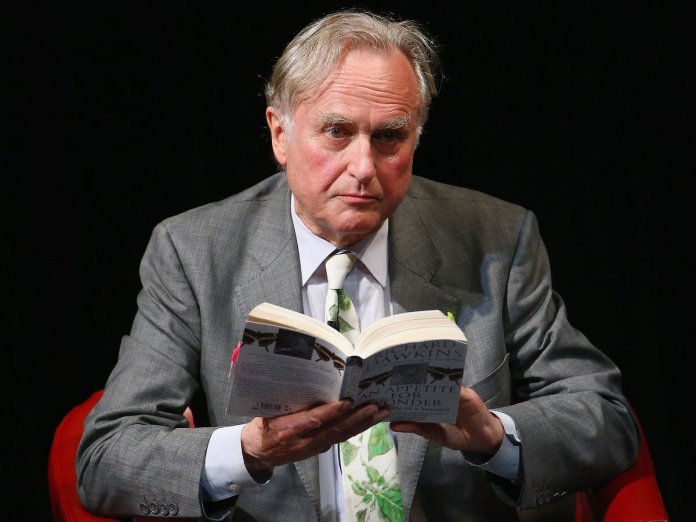“I call myself a cultural Christian,” said Richard Dawkins on Easter Sunday before hastily adding, “I’m not a believer.” During the ten-minute interview on LBC, he praised cathedrals, hymns and the “fundamentally decent” ethos of Christianity.
Many have considered this to be a shocking U-turn, but it’s nothing new. Dawkins has been calling himself a cultural Christian for decades, right alongside his much more vociferous attacks on Christian belief. These two positions — pro-Christian culture/anti-Christian faith — are in obvious tension. Speaking as a Christian, it seems to me like poisoning the roots while demanding the fruits. But as millions online have watched the dissonance in this video, it’s more than a viral moment. It’s a mirror. After all, Dawkins is not the only one trying to straddle this contradiction. Since the Enlightenment, the West at large has attempted to cultivate a Christian-like “ethos” while detaching itself from the faith that inspired it.
By science we dismiss the faith as “mumbo jumbo” and concern ourselves with an objective realm of facts — all the while expecting values to remain “fundamentally decent”. Let’s call this The Split: it’s at the heart of this viral video and the heart of our culture. How to heal it? Consider the word “decent”.
As a biologist, Dawkins has written, “DNA neither knows nor cares … and we dance to its music.” If we are, most fundamentally, DNA-replicators then it’s not obvious why a “decent” performance of our evolutionary duties involves anything more than passing on our selfish genes. In that sense, Genghis Khan was a very “decent” human being, who did the job better than almost anyone. It’s true that evolutionary pressures will teach us pro-social behaviour: co-operation with our nearest and dearest. But we co-operate to out-Genghis the competition. It’s the fittest who survive while the weakest perish. So where has Dawkins’s “decency” come from?
Friedrich Nietzsche blamed “the great curse”, “life’s nausea”, “mankind’s single immortal blemish” — in other words, Christianity. Most particularly he saw the Christian preaching of “God on a cross” to be the root of the trouble. To see the fittest (Jesus Christ) sacrificed so that the weakest (us) might survive is to witness a fearful “inversion” of nature. He calls it “the transvaluation of all ancient values”.
For centuries we have meditated on a victim of injustice tortured to death for love’s sake and we have worshipped. Over time this Easter message has made Christianity “take the [side] of the weak, the low, the botched”. But when the crucified God is no longer worshipped — when the “death of God” takes hold in a society — we don’t get to keep our cross-shaped ethic. As Nietzsche argued, “When one gives up the Christian faith one pulls the right to Christian morality out from under one’s feet.”
To the 19th-century philosopher, there is an obvious solution to the Split. Follow the science. Honour biology. Lose the “decency”. In this way we can quit the pretence that humanistic values are natural or self-evident and embrace power instead.
There is another resolution though. It’s hinted at by Dawkins’s interviewer, Rachel Johnson. At one stage she says, “I think I’m a bit more than a cultural Christian, although my belief waxes and wanes.” Ever an evangelist for the gospel of Enlightenment, Dawkins spots his opportunity: “Do you actually believe that Jesus had a virgin for a mother? Do you actually believe he rose from the dead?”
With the scalpel of science, he seeks to cut away all superstition. Johnson responds with personal experiences. She speaks of visiting churches and feelings of transcendence. Dawkins is having none of it. “I don’t believe Jesus rose from the dead and I don’t believe that you do either. Do you?”
Johnson slumps a little and admits, “Well, that’s biologically impossible, isn’t it?” “Yes,” he grins. And back we come to the Split. Christianity has been weighed in the scales of biology and is left wanting. What can be said?
Read it all in The Times



